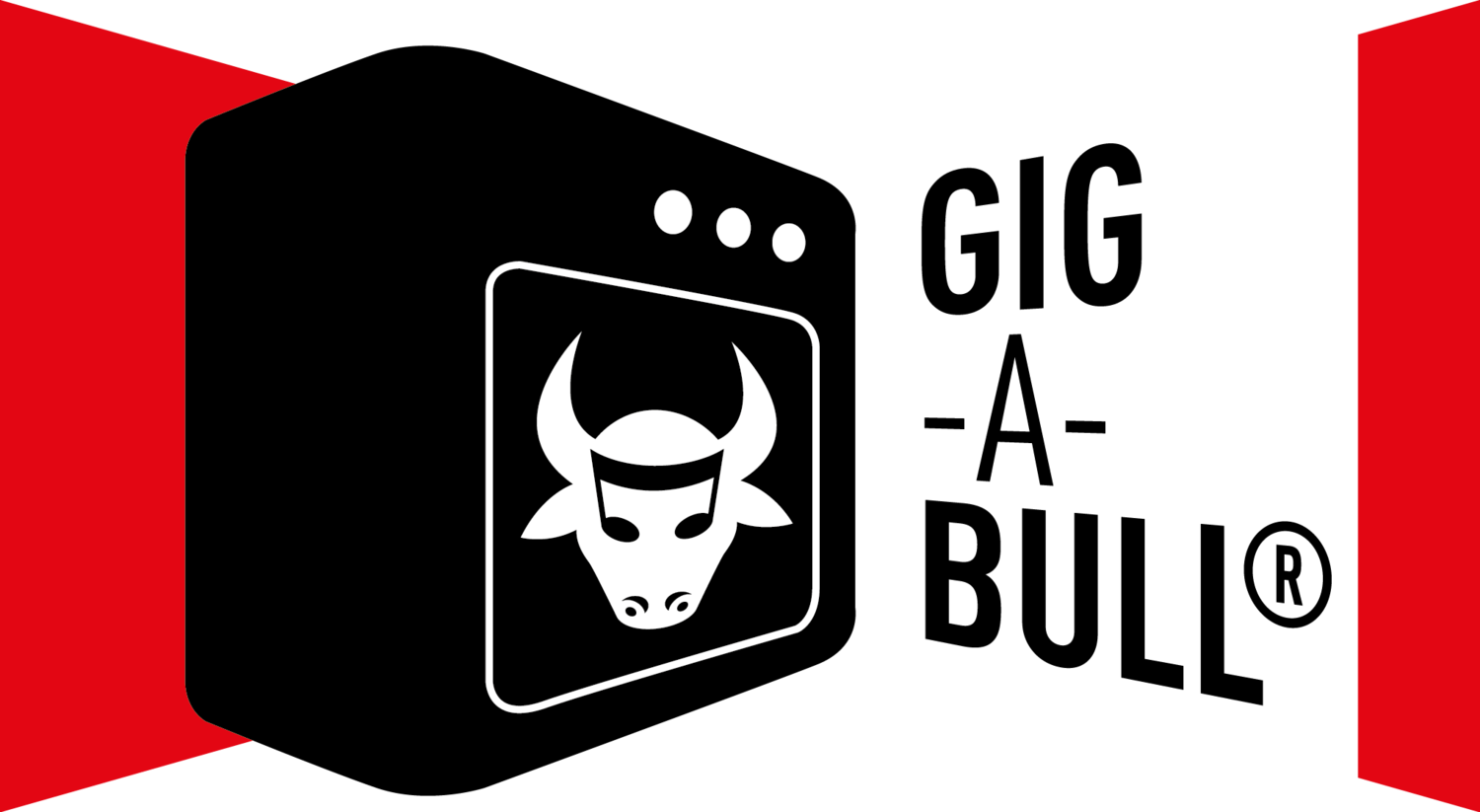To Tab or not to Tab, that is the question?
Controversy abound! Tablature or ‘TAB” is the best way to start playing on Guitar, Bass, Ukulele or indeed any fretted string instrument. I say this as a professional musician for over 25 years and fluent reader of music on several instruments. Many famous players play via only a combination of tablature, aural skills and improvisation.
An advantage of starting with Tablature is that the system remains identical in principle whether, you are playing, Mandolin, Guitar, Ukulele or Bass. In other words you don’t have to re learn where all the notes are on the new instrument, in the new tuning or in a new clef, you simply follow the Tablature. It is ideal for people who may want the upgrade or switch to other instruments later.
Tab shows you how to reproduce the note but does not tell you what it is. Music on the other hand tells you what the note is but does not tell you how to produce it.
In the long run, actual music dots are far superior to TAB’ and essential if you are going to be a professional musician (as opposed to a mere rock star). Reading music is a skill which will help you communicate with other musicians the world over in exactly the same way that reading English allows me to communicate with you on this text. In a student learning phase (which may be ten years or more) TAB or tablature is going to provide the momentum and flexibility required to keep the love alive. It will provide a framework from which you can become a more proficient player without ever reading a note of music. Whilst you do this though, we would recommend that the more serous student should start to lay a solid foundation for progress by chunking away at learning to read music. This usually trails behind their actual ability to play. Not only will this eventually lead to a new language skill, known as ‘reading music’, but it will serve as the most effective test bed and learning environment to master the many skills all musicians need. Skills such as, rhythm, timing, counting, thinking ahead, dynamics and harmony, for example. This approach ensures that student progress is not retarded by the ability to sight read or lack thereof, as is often the case with a more classical approach. For many students this means that they can read traditional notation to a certain level, but their ability to play from TAB, by ear or improvise is many years ahead of their ability to read. As the student gets closer to a professional level of accomplishment the benefits of music reading are realised and a transition to fleeing music reading can take place. That said, even as a professional, one frequently needs to cross reference the Tablature with the standard music notation to check errors, clarify and improve fingerings or make sense of articulations. Indeed many special Guitaristic elements such as bends, slides, double stops, drones and tapping are often more clearly expressed in tablature than the nominally superior music notation.
Guitar and Bass tablature started to be widely used in the early 1990’s with popular publications such as ‘Guitarist’ magazine and the short live ‘Bass Player’ magazine. Tab’ has skyrocketed into the main stream with the advent of the internet with sites such www.ultimate-guitar.com ,www.mysongbook.com and notation software such as GuitarPro www.guitar-pro.com , but it’s origins are much, much earlier.
Tablature was used in Renaissance Lute Music of the 16th Century. The Lute was extremely popular in its heyday in much the same way as the Guitar is today. My personal theory for the explanation of this is points back to TAB which was the primary means of notation for the Lutenist. It is such an easy graphical user interface that anyone who wants to learn to play can do it without the gruelling years of musical theory and reading. Here in the early Renaissance period was a portable social instrument you could master without ever reading music. Accessible to anyone (anyone who could afford a Lute, that is)! I believe TAB to be the main reason the for the popularity of the Lute in the 16th Century and early 17th Centuries. A Cambridge University publication* talking on its digitisation of Renaissance Lute music points to origins of TAB early as 1580. “The 1580s onwards saw the emergence of composers who developed the characteristically English Lute music that flourished into the second decade of the 17th century”.
Many musicologists overlooked the contribution of Lute music simply because it was not written in todays standard notation. Modern Guitar music, I believe, has gone some way in changing that culture. Tablature is available at every level of Guitar, Bass and Ukulele publication, from pre grade one right up to Diploma level music. It is used in RockSchool, RGT and Trinity Syllabuses from the very beginning right to the top. It is the bedrock of the popular music revolution due to its simplicity and prevalence. Such has the culture changed over the past thirty years that musicologists no longer ignore the volumes of Tablature in musical archives. The article on digitisation of Lute Music by Cambridge University notes* “The unfamiliarity with tablature notation led to lute sources being largely excluded from mainstream musicology. Now both amateurs and professionals are taught to read it and generally prefer to sight read tablature, especially from copies of original sources”
This is clearly a notation system that has stood the test of time and helped music flourish wherever and whenever it has been prevalent. I would recommend that we embrace it and use it as a springboard to aid musical communication and a conduit toward more complete musical understanding.
Author: Pascha Milner (B.A.Hons Music) Director of www.gigabull.co.uk
*source: https://www.cam.ac.uk/research/news/crown-jewels-of-english-lute-music-go-online
